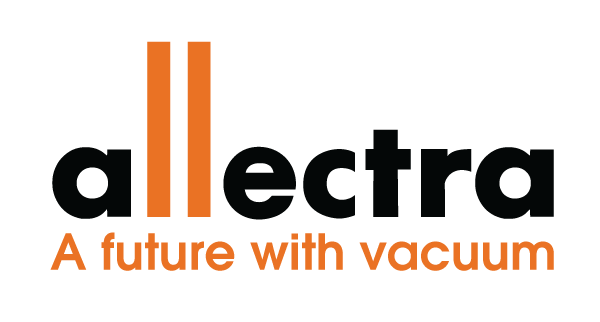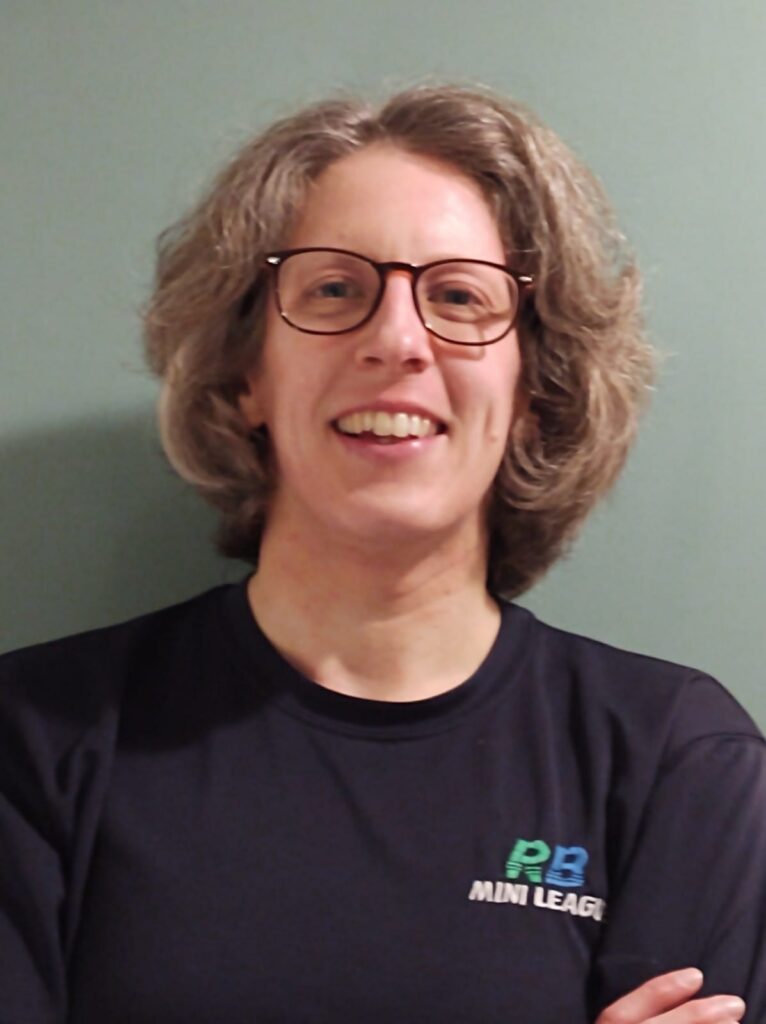To celebrate International Day of Women and Girls in Science on 11th February we asked our own Fiona Rousseau to share her views on working in science in today’s challenging world. Fiona has a PhD in organic chemistry and works in technical sales assisting our customers with solutions for their applications.
What led you to become interested in science as a career?
I enjoyed science at school, especially the practical experiments using equipment and chemicals, not just the theory in a book. I also had a couple of enthusiastic and passionate teachers at a very important stage when I was around 13 or 14 who made learning much more fun. It is also important to me to have a career which I feel is of positive benefit to society as a whole.
What is your working background?
I started out as a medicinal research chemist at Pfizer moving from the lab to managing outsourced projects in Europe, India and China. I then took a break to spend time with my young children before taking on my current role at Allectra.
Was it difficult to balance a career in science with motherhood?
It can be very challenging juggling a career in science with motherhood. Time management becomes even more crucial. This is especially true when carrying out experiments for which the outcome and results can be unpredictable or for example when business travel is required. Working with colleagues or collaborators around the world in different time zones also adds to this pressure.
Should we do more to encourage the younger generation to consider a career in science?
It is of course always important to encourage the younger generation to consider a career in science. So many children want to make a difference in the future and with so many major challenges facing the world at the moment, many of which require science-based solutions, we desperately need them.
Do you think there are more opportunities for women in science this decade than previously?
There does appear to be more opportunities for women in science and engineering at the moment. My own daughters and their peers are certainly more confident in their ability to participate in STEM subjects than when I was at school. There definitely still remains certain areas of science where more can be done.
How do you use your skills in your current role?
There is certainly an emphasis on organisation and time management. Listening to the customer and understanding their needs is also key. In science of course things don’t always run smoothly or go to plan and there will be inevitable bumps along the way. Learning from past experience and finding solutions is important.
What is your greatest achievement in science?
Having my name added to a patent during my time as a medicinal research chemist. Knowing that some of the compounds we had made were deemed effective enough to potentially help patients in the future was exciting.

